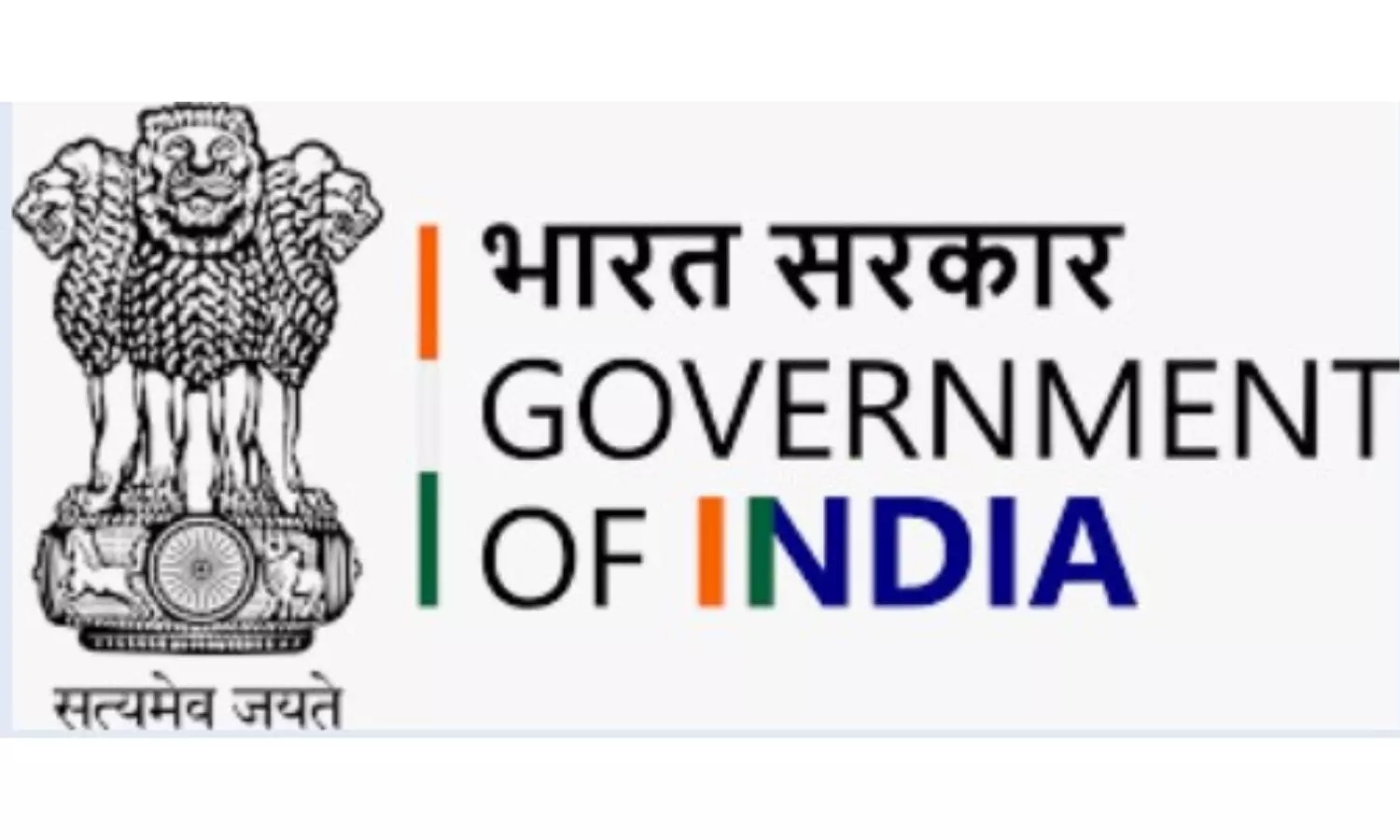
Key Updates to Family Pension Eligibility for Female Heirs
The Indian government has recently clarified that unmarried, widowed, or divorced daughters of deceased central government employees are now eligible for family pension under specific conditions. These revisions, effective from the Central Civil Service (Pension) Rules, 2021, aim to ensure fair financial support for female heirs who meet dependency criteria. Union Minister Jitendra Singh highlighted these changes in a Lok Sabha reply, emphasizing the need for equitable pension distribution. The updated framework addresses gaps in previous policies, ensuring that daughters of deceased employees receive compensation even if other family members are no longer eligible.
Eligibility Criteria and Pension Duration
Under the new rules, family pension will be granted to daughters who were dependent on their parents during their lifetime. The payment continues until the daughter gets married, remarries, or starts earning independently—whichever occurs first. This provision applies to cases where the deceased employee had no surviving spouse or son eligible for pension. The Department of Pension and Pensioners’ Welfare (DoPPW) clarified that divorced daughters who were dependent on their parents are also entitled to benefits, provided the divorce occurred during the parent’s lifetime or while the spouse was alive. These conditions ensure that daughters are not left financially vulnerable after their parent’s death.
Special Provisions for Railway and Defense Employees
Similar provisions for family pension have been established for railway and defense employees, as stated by Singh. These rules align with the central government’s broader efforts to streamline pension entitlements across all sectors. The office memorandum dated October 26, 2022, further reinforced these guidelines, ensuring consistency in pension distribution. The minister emphasized that these measures prevent disparities in benefits, particularly for female heirs who may face unique financial challenges. The updated framework also includes safeguards to verify dependency, ensuring that only eligible beneficiaries receive the pension.
Legal and Administrative Framework
The pension rules now explicitly address scenarios involving widowed or divorced daughters. For widowed daughters, the death of their husband during the parent’s lifetime qualifies them for benefits. Divorced daughters must prove that their divorce occurred while the parent was alive or that proceedings were ongoing. These conditions are designed to prevent abuse of the system while ensuring deserving beneficiaries receive support. The DoPPW has also outlined administrative procedures to streamline claims, reducing bureaucratic delays. This reform reflects the government’s commitment to addressing the financial needs of female heirs in a structured and transparent manner.
Broader Implications for Pension Policy
The revised pension rules mark a significant shift in how the government approaches family entitlements. By explicitly including divorced and widowed daughters, the policy acknowledges the diverse circumstances female heirs may face. This change not only enhances financial security for affected families but also promotes gender equity in pension distribution. The inclusion of railway and defense sectors underscores the government’s intent to standardize benefits across all employment categories. As these rules take effect, they are expected to reduce disputes over pension claims and provide clearer guidelines for beneficiaries. The reforms highlight the importance of balancing administrative efficiency with compassionate support for dependents of deceased employees.




